|
Robert Boule, the owner of a bed and breakfast near the U.S.-Canadian border in Washington state, somehow engaged the suspicion of U.S. Border Patrol Agent Erik Egbert. The agent followed Boule as he drove into his inn’s driveway with a guest from Turkey, who had legally arrived in the United States the day before.
When Boule got out of the car, Agent Egbert asked to search the car’s interior. Boule refused and asked the agent to leave. Agent Egbert shoved Boule against the car and to the ground. The agent proceeded with his search, leaving Boule with back and hip injuries. When Boule reported Agent Egbert to his superiors, Egbert filed meritless reports against Boule with state and federal authorities. (It probably didn’t help Boule that the name of his establishment is the “Smuggler’s Inn.”) Boule sued, claiming that Agent Egbert had violated his First Amendment rights by trying to shut him up with meritless accusations. Boule also claimed his Fourth Amendment rights were violated by the warrantless search of his car. The Ninth Circuit Court of Appeals upheld Boule’s claims. Protect The 1st Foundation filed a brief on Wednesday evening asking the U.S. Supreme Court to uphold the Ninth Circuit’s ruling. Nothing less than the ability of all Americans to continue to press their First Amendment claims against the government is at stake. A claim brought under Bivens v. Six Unknown Named Agents of Fed. Bureau of Narcotics (1971) is the only remedy for most Americans seeking redress for a violation of their First Amendment rights. From the time of Magna Carta, the right to sue the Crown for a violation of one’s rights has been a basic principle of English law. Shortly after the American Revolution, U.S. federal courts recognized a common-law right of individuals to sue government officials for damages to remedy violations of foundational law. As English jurist William Blackstone noted, it would be an “absurdity in any system of positive law, to define any possible wrong, without any possible redress.” Simply put, a right that cannot be enforced is not a right. If the Court holds that Boule can’t pursue his First Amendment Bivens claim, it would shut the door on what is usually the only effective legal means for redress for the violation of one’s First Amendment right to report the bad behavior of a government agent. For all these good reasons, Protect The 1st Foundation tells the Court it should let the Ninth Circuit ruling stand. Two former Members of Congress and senior advisors to Protect The 1st hailed the introduction of a bipartisan resolution from Sens. Tim Scott (R-SC) and Dianne Feinstein (D-CA) to declare Jan. 23-29 National School Choice Week.
“As Senator Feinstein has said, school choice provides ‘hope for a better future to students by allowing them to choose schools that meet their needs,’” said Rick Boucher, who represented Virginia’s 9th district from 1983 to 2011. “School choice allows parent the full expression of the First Amendment, letting them educate their children according to cherished viewpoints and principles, while meeting high standards in state-required courses.” Bob Goodlatte, who represented Virginia’s 6th District from 1993 to 2019, urged lawmakers not to overlook the important role played by religious schools. “Schools run by religious organizations that meet every state course requirement deserve to be a part of the diversity of options that school choice brings,” Goodlatte said. “For millions of parents, these schools are a quality alternative.” The Supreme Court on Wednesday held oral argument in FEC v. Cruz, a case that challenges a limit on the repayment of funds a candidate loans to his own campaign. Section 304 of the Bipartisan Campaign Reform Act (BCRA) and its implementing regulations impose a $250,000 limit on the repayment of such loans from donations contributed after the election. That restriction imposes a burden on core political speech, as Protect The 1st explained in our amicus brief filed last month.
Justice Kavanaugh recognized that the practical effect of the loan-repayment limit is to deter candidates from spending money before they can raise funds: “It would seem to me that the law puts the candidate to a choice of spending your own money for a loan above $250,000 and forgoing any repayment for an amount above $250,000, so the choice is to spend that without any possibility of getting it back, or not spending it at all. And that seems to be, therefore, a chill on your ability to loan your campaign money.” That burden on political speech is particularly damaging for a challenger who “can't rely on contributions early in a campaign and has to get his campaign off the ground,” as Charles Cooper, attorney for Senator Cruz, explained. Personal loans from the candidate are thus critical to the candidate’s ability to speak early in the election, Mr. Cooper said. As PT1st explained in our amicus brief, that ability to speak early can be crucial to a challenger’s success. Challenger candidates usually lack the name recognition and donor networks possessed by incumbents. “A candidate who cannot spend and raise funds quickly, and especially early in the race, is unlikely to win an election,” PT1st wrote. “The loan-repayment limit thus burdens challengers by deterring them from raising money from one of the few sources that may be available to them early in their campaigns: a personal loan.” While the FEC claims the law is about preventing corruption, several justices seemed unconvinced. Justice Barrett pointed out, “Senator Cruz says that this doesn't enrich him personally because he's no better off than he was before. It's paying a loan, not lining his pockets.” The FEC’s attorney conceded that a candidate who is repaid a loan is “certainly no better off than he was before the loan was made,” but argued that post-election contributors convey a financial benefit on the candidate by eliminating uncertainty about whether the loan will be repaid. Justice Barrett was undeterred, responding that in that respect, everyone who contributes to a campaign does the same. Justice Alito agreed, saying he didn’t understand “why the repayment of this loan is a gift when the repayment of other loans is never considered a gift.” Justice Kavanaugh also agreed that this “is a loan, not a gift,” and asked why the existing limit on how much individuals can contribute isn’t sufficient to prevent corruption. The justices are right that the loan-repayment limit doesn’t serve an anti-corruption interest; it wasn’t even designed to. As PT1st explained in our brief, the legislative history of the BCRA shows that the limit was likely designed to give incumbents an advantage over challengers. The Court “should not permit such self-interested protectionism by those already in office to infringe on the free speech rights of those who challenge them,” PT1st wrote. Much of the questioning concerned whether Senator Cruz was ultimately challenging the constitutionality of the FEC’s regulation, not the underlying statute. The Court may hold on that ground that the three-judge district court that heard the case lacked jurisdiction, and that Senator Cruz’s challenge must be brought in an ordinary district court proceeding. However the Court decides, it is clear that the underlying burden on speech imposed by this regulation is well understood on the nation’s highest bench. The oral argument for Shurtleff v. Boston – challenging the denial of a group whose flag prominently displays the Latin cross from accessing a city flagpole that was previously open to all other groups – revolved largely around two questions.
The city of Boston has an open policy of letting various groups fly their flags while holding events under the flagpole. Mathew Staver, the attorney for petitioner Camp Constitution, noted that for more than 12 years, the city exercised virtually no review of applicants seeking to fly their flag and hold their events on city property – until Camp Constitution made its application and Boston denied it permission to fly its flag. The U.S. Court of Appeals for the First Circuit upheld the city’s decision, ruling that the flags constituted government speech. The Supreme Court is now reviewing that decision. Several justices asked: Would a reasonable person see the flag near city hall and conclude that Boston was endorsing Christianity? Staver responded that the observer would view the celebration around the base of the flagpole and see it for what is: speech by private citizens, not the city. Justice Samuel Alito asked the attorney for Boston what constitutes “government speech.” Justice Alito posed a thorny question: “Suppose that it was a speaker’s platform in a park and they say you – anybody – can speak here, but you have to give us your speech in advance, and we’re going to exercise complete control over what you say. If we don’t like your speech at all, we’re going to reject it. If its got some things we don’t like, we’re going to edit it. Other than that, you can say anything you want subject to our complete control. That’s government speech?” Alito summed up his view “that’s exactly what censorship is.” Given that Boston allowed many groups of varying backgrounds to access the flagpole, the Protect The 1st amicus brief in this case stated that “this Court should reverse the First Circuit’s decision to make clear that the government may not evade the Free Speech Clause by engaging in precisely the kind of censorship that clause was enacted to prevent.” Echoes of PT1st’s amicus brief were heard throughout the argument. The Court seems poised to hold that for speech on public property to be considered “government speech” – which does allow for viewpoint discrimination – the government must exercise robust control over messages. The government cannot just exclude viewpoints it disfavors by claiming its exercising control when it isn’t. Another point from the PT1st brief that emerged in the discussion is the Justices seem to recognize that allowing displays of religious symbols on government property is not a violation of the Establishment Clause of the First Amendment. Washington and Lee University has just made a significant change in its Student Handbook to explicitly allow student organizations like College Republicans, College Democrats and others to more fully exercise their free speech rights on campus, including sponsoring political activities such as setting up tables on campus, displaying political signs, handing out political literature and holding events of a political nature.
Bob Goodlatte, Senior Policy Advisor of Protect The 1st (a non-partisan, non-profit organization that defends First Amendment freedoms), former Chairman of the House Judiciary Committee, and a graduate of Washington and Lee University School of Law, advocated for the change with school officials. In November, Protect The 1st reported that during the 2021 Virginia statewide elections, Washington and Lee University school officials prevented campus College Republicans from displaying campaign materials for Glenn Youngkin, the GOP candidate for governor who ultimately won election. Protect The 1st pointed out this infringement of the political speech rights of students, and noted similar actions, such as Georgetown University Law Center’s crackdown in 2016 on a group of students handing out materials on campus in support of Sen. Bernie Sanders’ presidential campaign. “Strong institutions listen and adjust,” Goodlatte said. “I commend Washington and Lee for listening to their students, and to organizations like Protect The 1st and the Foundation for Individual Rights in Education (FIRE), moving quickly to allow student organizations to exercise their right to political activity and speech on campus.” The university had a long-standing policy based on unfounded concern that its tax-exempt status precludes partisan activity by students. Washington and Lee’s Student Handbook now allows this activity, while making it clear that students must issue a disclaimer that their activities are those of the students and visiting speakers, and not the university. “Political speech is central to what the founders had in mind when they wrote the First Amendment,” Goodlatte said. “Universities are not meant to be museums of ideology. It advances their mission to remain centers of hot debate and clashing ideas.” Some prayers do get answered – at least partially. The U.S. Supreme Court will hear the case of high school football coach Joseph A. Kennedy, who was pushed out of his job by school board officials in Bremerton, Washington, after he defied their order to refrain from kneeling and praying at the 50-yard line after his team’s games.
As we’ve noted before, this case has been something of a judicial football, with one “turnover” after another before the courts. Now it has finally landed for what should be the final quarter, this time with Justice Amy Coney Barrett, who has been notably interested in the free exercise of religion throughout her career. It is not surprising that the Court is hearing a case that the Ninth Circuit Court of Appeals declined to rehear over the objections of 11 judges. Justice Samuel A. Alito wrote for several other justices in 2019 that language from the Ninth Circuit “can be understood to mean that a coach’s duty to serve as a good role model requires the coach to refrain from any manifestation of religious faith – even when the coach is plainly not on duty.” Allowing public employees to pray on private time sounds like a reasonable standard, one we hope the Court will uphold. Thomas Jefferson asked that three accomplishments be listed on his tombstone. Aside from noting his authorship of the Declaration of Independence and founding of the University of Virginia, he wanted his tombstone to state that he was the author of the Statute of Virginia for Religious Freedom.
What was it about this state law that led Jefferson to see it as a more consequential legacy than the two terms of his presidency? Jefferson removed the Episcopal Church as Virginia’s state-sponsored religion and replaced it with none other. His statute guaranteed freedom of belief for Jews, Hindus and Muslims, as well as all denominations of Christians. His law is celebrated by scholars today as the inspiration for the First Amendment of the U.S. Constitution. The Virginia Assembly enacted Jefferson’s proposal on Jan. 16, 1786. This day is established each year by presidential proclamation as National Religious Freedom Day. Jefferson himself proclaimed: “That our civil rights have no dependence on our religious opinions any more than our opinions in physics and geometry.” We can trace an evolution in the growing respect for religious diversity throughout American history. Some 137 years before the passage of Jefferson’s statute, the colonial assembly of Maryland passed the Maryland Toleration Act. At a time when England was wracked by a civil war over religion, Maryland granted freedom of religion to all Trinitarian Christians in 1649. While it sounds like a narrow milestone today, the Maryland Toleration Act was a breathtaking achievement in 1649. The political impetus for the act came from the Calverts, the powerful founding family members of the colony who wanted to protect their fellow Catholic settlers from the Anglican and Presbyterian churches dominant in other colonies. As generous as the act was, in theory it allowed the state to sentence to death anyone who denied the divinity of Jesus and the Holy Trinity, though no Jews or Unitarians were in fact executed. For Trinitarian Christians, at least, it protected the “free exercise” of religion – the first mention of the clause so prominent in the later First Amendment. Thus, a measure to protect mainstream Christians inspired Thomas Jefferson to protect all religions in Virginia. This statute in turn led to the drafting of the First Amendment. And that topline protection of the free exercise of religion is now enforced by the Religious Freedom Restoration Act of 1993, which instructs courts to employ strict scrutiny when evaluating violations by the federal government of the rights of people of all faiths and no faith. How well are these rights observed today? Are we still evolving in the direction of religious liberty? Last year, Protect The 1st filed a brief in Carson v. Makin, a U.S. Supreme Court case that will determine if the State of Maine can discriminate against religious schools. In parts of rural Maine, where no public school alternatives exist, funding is available to all private schools – except for religious ones. Even though Christian and Catholic schools in Maine teach all state-required courses and all standards, they are disallowed because they also have religious activities. The fact that the Supreme Court heard this case, and the Justices asked skeptical questions about Maine’s discriminatory stance, is a good indication that respect for the free exercise of religion is strong in the judiciary. On the other hand, the actions of Congress and some courts toward the members of the Apache Stronghold in Arizona show a grave lack of respect for the religion of an American minority. Oak Flat is a part of the Tonto National Forest that has long been central to the religion of the Apache people. Under a federal deal blessed by Congress, a foreign mining company plans to dig for copper on the Apaches’ sacred land, gouging a pit as long as the National Mall and as deep as two Washington monuments. Somehow, a court failed to see this grotesque evisceration of a sacred and irreplaceable site as a burden on the free exercise of the Apache religion. Protect The 1st hopes that the Ninth Circuit Court of Appeals will see the contradictions in the ruling of a lower court and restore the religious rights of the Apache people. We also see a growing desire among many to chip away at the guarantees of the First Amendment and the Religious Freedom Restoration Act that bolsters those guarantees. We see that respect is wavering for minority religions, for Sikhs who wear turbans and carry kirpans, for Muslims and Jews who want to serve our country in the military while being observant in the wearing of their beards. The arc of history is always incomplete. Our freedoms are always reversible. But the achievements we celebrate today give us reason to look ahead with hope. You really can’t make this stuff up. A student group at Emory University Law School dedicated to the protection of free speech has been denied recognition because it could lead to … free speech.
The Emory Law Student Bar Association (SBA) ruled that the free speech discussion group “will likely give rise to a precarious environment – one where the conversation might very easily devolve.” Why such pessimism about one’s fellow law students? Might these discussions also evolve into a healthy environment? Or might they both evolve and devolve in the same conversation, presenting actual choices for law students to think about? One is tempted to send Emory’s SBA on a field trip to the BBC headquarters in London, where a statue of George Orwell is attended by a quote carved in stone: “If liberty means anything at all, it means the right to tell people what they do not want to hear.” We owe it to the Foundation for Individual Rights in Education (FIRE) for reporting and challenging the denial of the Emory Free Speech Forum’s application for a charter. As FIRE points out, this denial has real-world consequences. Any student group needs such recognition to reserve rooms in the university, ask for funding from the Emory Student Bar Association, and operate on campus. Throughout the academy, we see a desire to squelch speech out of the fear that someone might say something reprehensible. Make no mistake, free speech can sometimes include the truly reprehensible, for which there can be consequences, from social ostracism, to a visit with the dean, to outright expulsion. But democracy cannot allow the fear that someone, somewhere, might say something wrong-headed to shut down all free inquiry. Such truths used to be almost universally shared as a basic American value. That this seems not to be understood by many in our universities may point to a need for better instruction earlier in life – to instruct high school students once again in what used to be called “civics.” By April, the Biden Administration will release new rules that will give teeth to many of its social policies. Among them is one anticipated HHS rule, which is intended to serve the needs and rights of vulnerable groups but might do so at the expense of the protections of the Religious Freedom Restoration Act and Supreme Court decisions that upheld the free exercise of religion.
If this HHS rule is issued as it appears to be shaping up, it would gut religious liberty protection laws, requiring Catholic hospitals that receive federal funds to perform abortions, and physicians to perform gender-transition surgeries even if those doctors have objections to those procedures. We can see the outlines of this policy thanks to a leaked memo reported recently from The National Catholic Register. That publication obtained a memo from a Who’s Who of social activist groups acting as a leadership committee advising HHS. That advisory group recommends that HHS expand what discrimination on “the basis of sex” means under the Affordable Care Act (ACA). With this seemingly small tweak, the memo advises HHS to flatly define denial of “termination of pregnancy” as discrimination, with a host of other activities that many religious organizations simply could not pay for or perform as a matter of conscience. If followed, HHS would require Catholic hospitals – which provide care for one in six U.S. patients – to choose between violating their core beliefs or being sanctioned by the government. The Catholic Benefits Association told The Register that if HHS follows the activist group’s road map, “all employers of any size with health plans, insurers, self-funded plans, federal funding recipients and their subcontractors, Medicare and Medicaid providers and Catholic hospitals and health-care providers would be affected.” “There’s no place to hide from this,” the CEO of the Catholic Benefits Association told The Register. Archbishop William Lori of Baltimore, added: “When you attack the very idea of religious freedom, as contrary to the First Amendment, you’re really putting everybody’s freedom at risk. Freedom of speech and freedom of assembly, all these fundamental freedoms really travel together.” Protect The 1st will keep an eye on how this rule develops. Surely, cooler heads in the White House will realize that trying to require Catholic hospitals in the nation to perform abortions is overreaching, to say the least. St. Timothy’s Episcopal Church is fighting a town edict that prohibits the church from feeding homeless people more than twice a week – and in so doing, is defending the right to religious expression through good works.
The city council of Brookings, Oregon, passed an ordinance in late October that severely restricts area ministries from feeding the city’s homeless population. The new ordinance halves the ability of St. Timothy’s to provide food – from four days a week to just two. The ordinance, which directly targets the church and faith ministries in the area, was passed after some city residents complained about the ministry’s soup kitchens. St. Timothy’s is not the only target of such measures. Localities around the country have tightened restrictions that give aid to the homeless. This case reminds us that the First Amendment does not merely protect the rights of the religious to worship on Sunday (or Friday, or Saturday). It also protects the right to express devotion by helping the helpless. Charitable work has been fundamental to religious ministry in the United States since the country was founded. As Rev. Bernie Lindley, vicar of St. Timothy’s, said, “Feeding hungry people is at the core of what our church believes Jesus calls us to do. We do not see how a municipality can interfere with that mission without violating our constitutional right to freely practice our faith.” That is the essence of religious expression. It’s no wonder the leading religious liberty law firm, Becket, recently awarded their 2021 Ebenezer Award to Brookings, Oregon. Since we opened our doors in January 2021, we have been active before Congress, the courts and in public opinion to protect all the five freedoms of the First Amendment.
In our first year, Protect The 1st stood up for people from across the ideological and social spectrum, of all religions and no religion. We opposed retaliation by government and other powerful entities against unpopular speech. We have stood for legislation that protects the confidential sources of reporters. We have advanced measures to protect speech, conscience and religious freedom in the military, and in private religious schools, and elsewhere. Religious Freedom
Freedom of Speech
Freedom of the Press
In the year ahead, Protect The 1st will continue to fight for these causes. We will add to our agenda any significant effort to curtail, degrade or squelch freedom of speech, religion, freedom of the press, the right to petition the government, and to peaceably assemble. |
Archives
June 2024
Categories
All
|
ABOUT |
ISSUES |
TAKE ACTION |


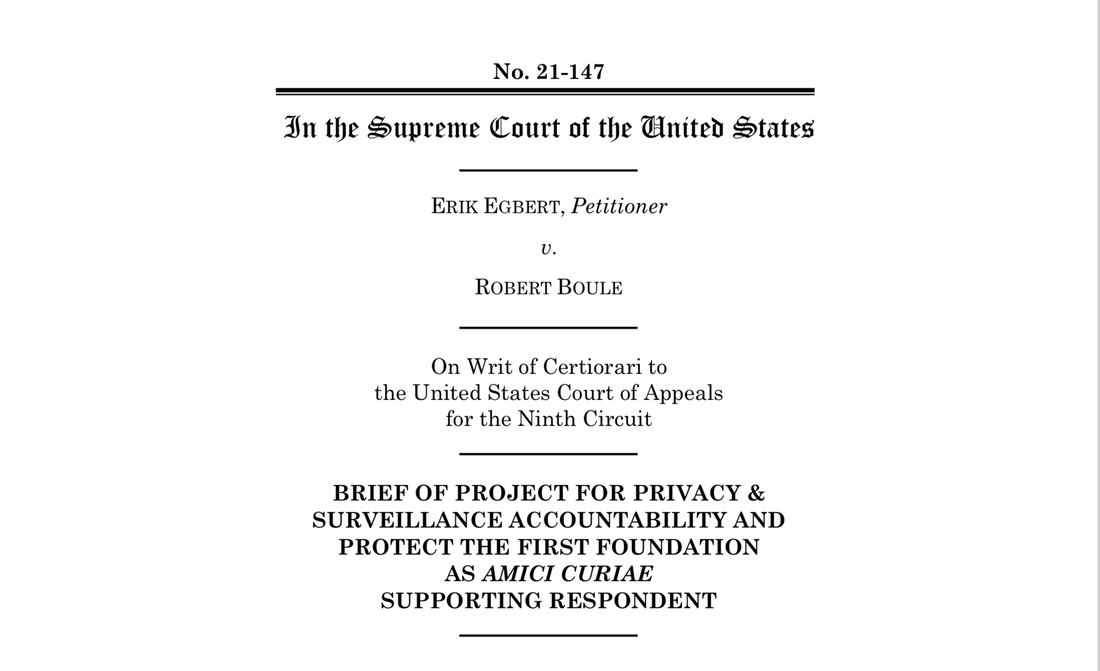

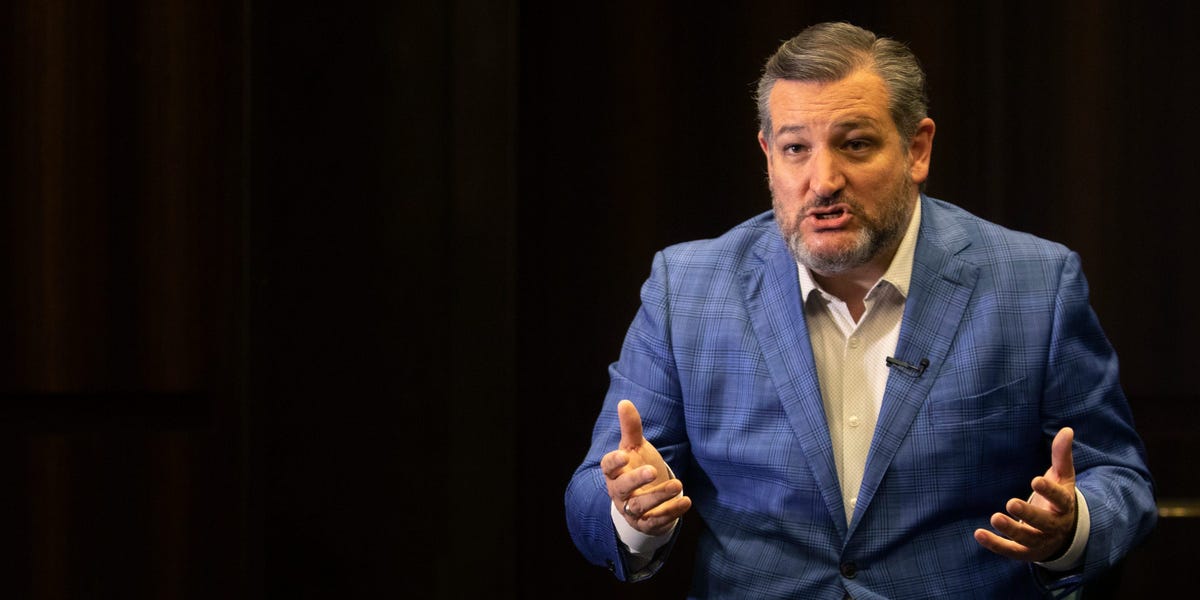
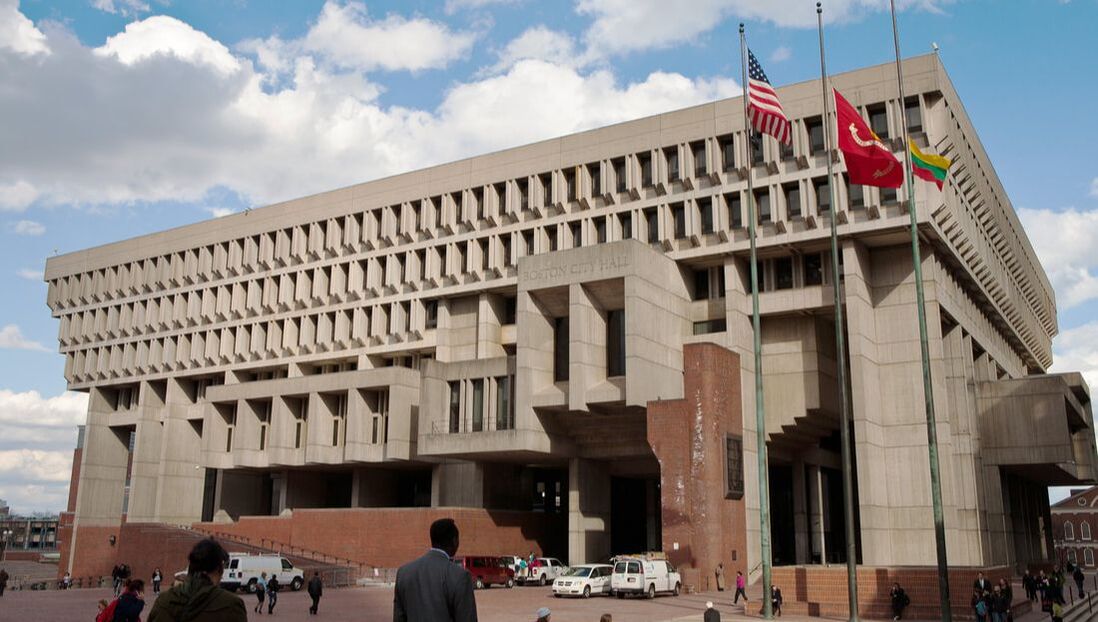
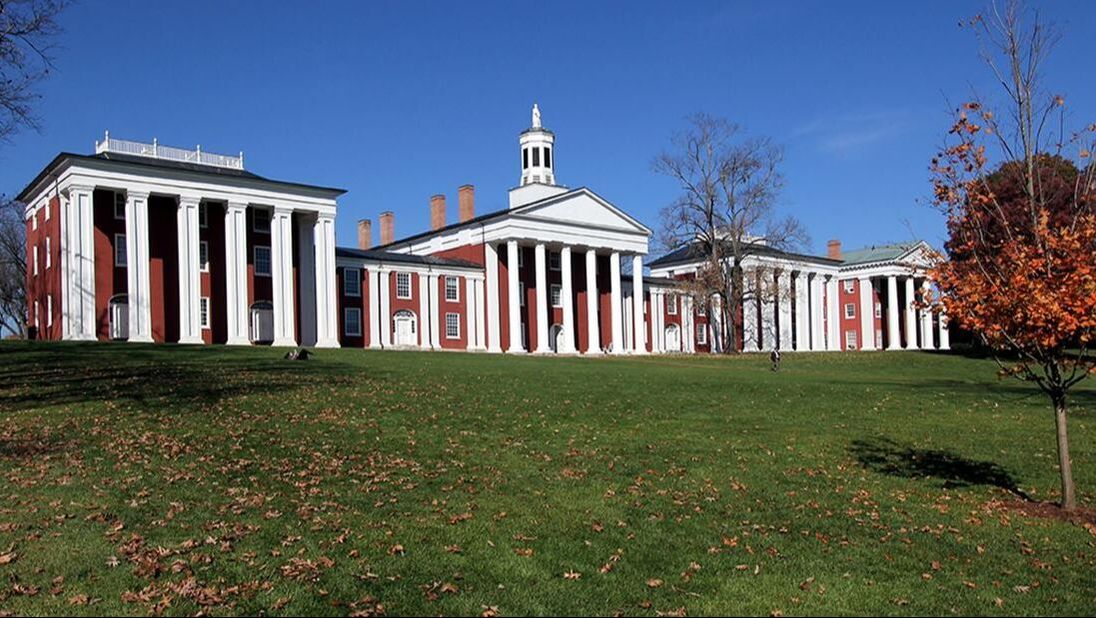
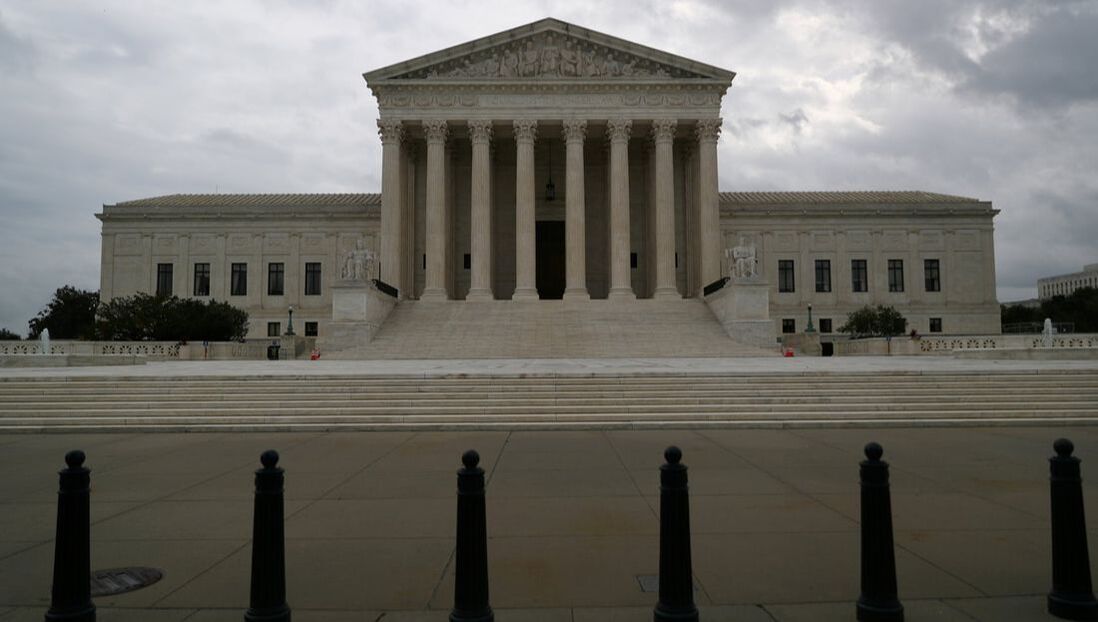
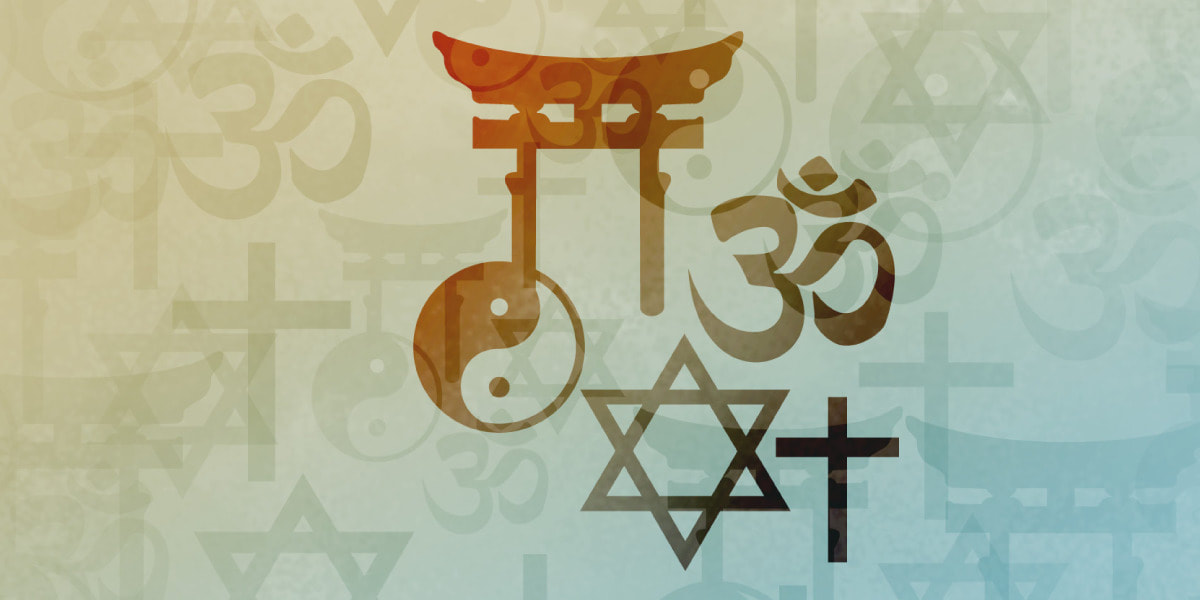

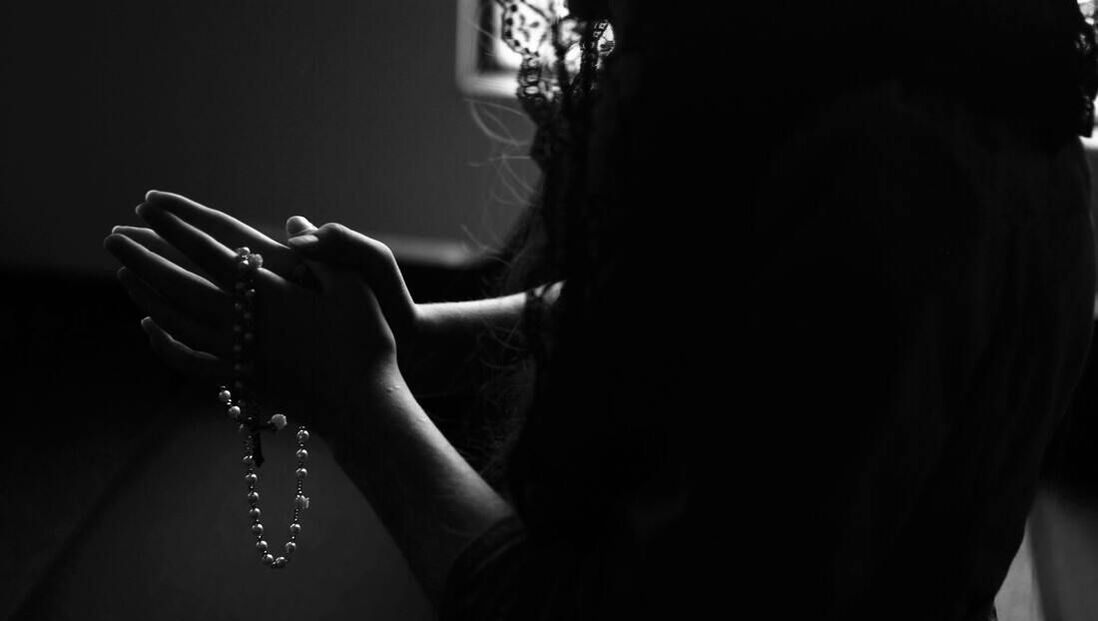

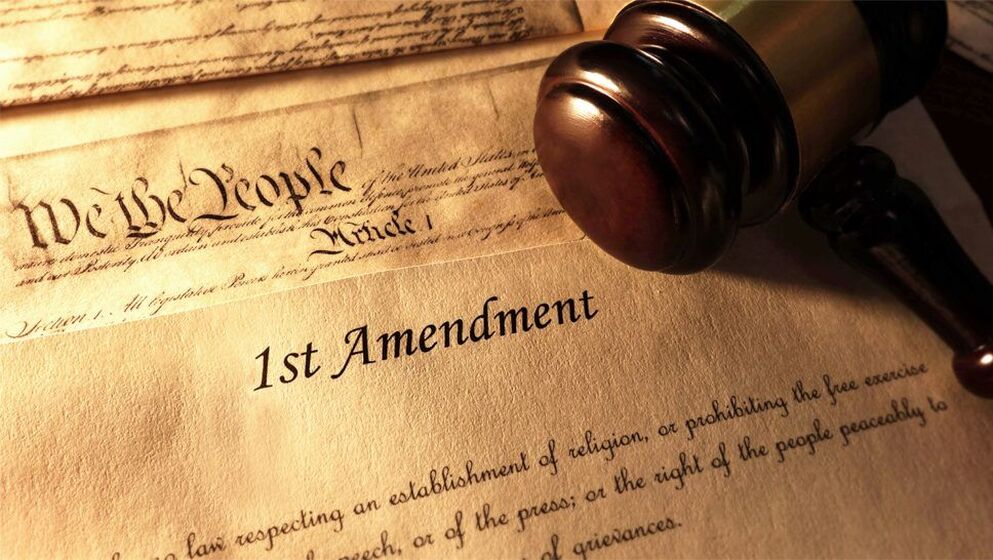
 RSS Feed
RSS Feed